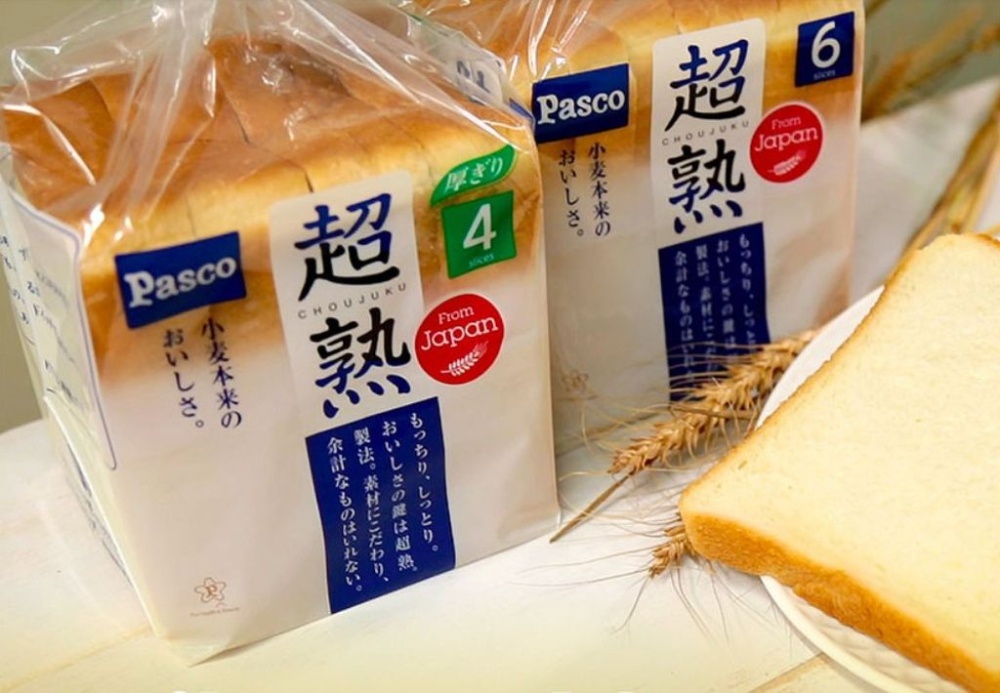Rat remains found in bread sparks Japan recall and refunds
 One of Japan's most well-known bread brands is recalling thousands of packets and offering refunds after the remains of a rat was found in its products. Around 104,000 packs of sliced white bread made by the Pasco Shikishima Corporation have been pulled from shelves. Parts of the black rat had been discovered in at least two packets. Pasco bread is a staple in many Japanese households and a ubiquitous presence in supermarkets and convenience stores across the country. There have been no reports thus far of anyone falling sick as a result, Pasco said in a statement earlier this week. "We deeply apologise for the inconvenience caused to our customers, business partners, and all concerned parties," it said. The bread was produced at a factory in Tokyo, whose assembly line has been suspended.Pasco did not say how the rat's remains ended up in its products, but it pledged to "do our utmost to strengthen our quality controls so that this will never happen again". The company has since published a form on its website for affected customers to apply for refunds online. Its products are also exported to the US, China, Australia, and Singapore, among other countries.Food recalls are rare in Japan, a country with famously high standards of sanitation. However there have been several health scares involving food recently. Earlier this month, hundreds of students in the north-eastern Miyagi prefecture fell sick after drinking milk supplied to their schools. In March, drugmaker Kobayashi Pharmaceutical issued a voluntary recall of dietary supplements meant to lower cholesterol. The firm said last month it is probing five deaths potentially linked to the products, which contain red yeast rice. Last year, the convenience store chain 7-Eleven apologised and announced recalls after a cockroach was found in a rice ball.
One of Japan's most well-known bread brands is recalling thousands of packets and offering refunds after the remains of a rat was found in its products. Around 104,000 packs of sliced white bread made by the Pasco Shikishima Corporation have been pulled from shelves. Parts of the black rat had been discovered in at least two packets. Pasco bread is a staple in many Japanese households and a ubiquitous presence in supermarkets and convenience stores across the country. There have been no reports thus far of anyone falling sick as a result, Pasco said in a statement earlier this week. "We deeply apologise for the inconvenience caused to our customers, business partners, and all concerned parties," it said. The bread was produced at a factory in Tokyo, whose assembly line has been suspended.Pasco did not say how the rat's remains ended up in its products, but it pledged to "do our utmost to strengthen our quality controls so that this will never happen again". The company has since published a form on its website for affected customers to apply for refunds online. Its products are also exported to the US, China, Australia, and Singapore, among other countries.Food recalls are rare in Japan, a country with famously high standards of sanitation. However there have been several health scares involving food recently. Earlier this month, hundreds of students in the north-eastern Miyagi prefecture fell sick after drinking milk supplied to their schools. In March, drugmaker Kobayashi Pharmaceutical issued a voluntary recall of dietary supplements meant to lower cholesterol. The firm said last month it is probing five deaths potentially linked to the products, which contain red yeast rice. Last year, the convenience store chain 7-Eleven apologised and announced recalls after a cockroach was found in a rice ball.

Questions:
1. What incident prompted Pasco Shikishima Corporation to recall its bread products?
2. What measures did Pasco Shikishima Corporation take in response to the incident?
3. What other recent food safety incidents in Japan are mentioned in the article?
4. Discuss the role of government regulation and oversight in preventing food safety issues. How effective are current measures in Japan, based on the article?
5. hat ethical responsibilities do food companies have when a contamination occurs? How should they balance business interests with public health?


